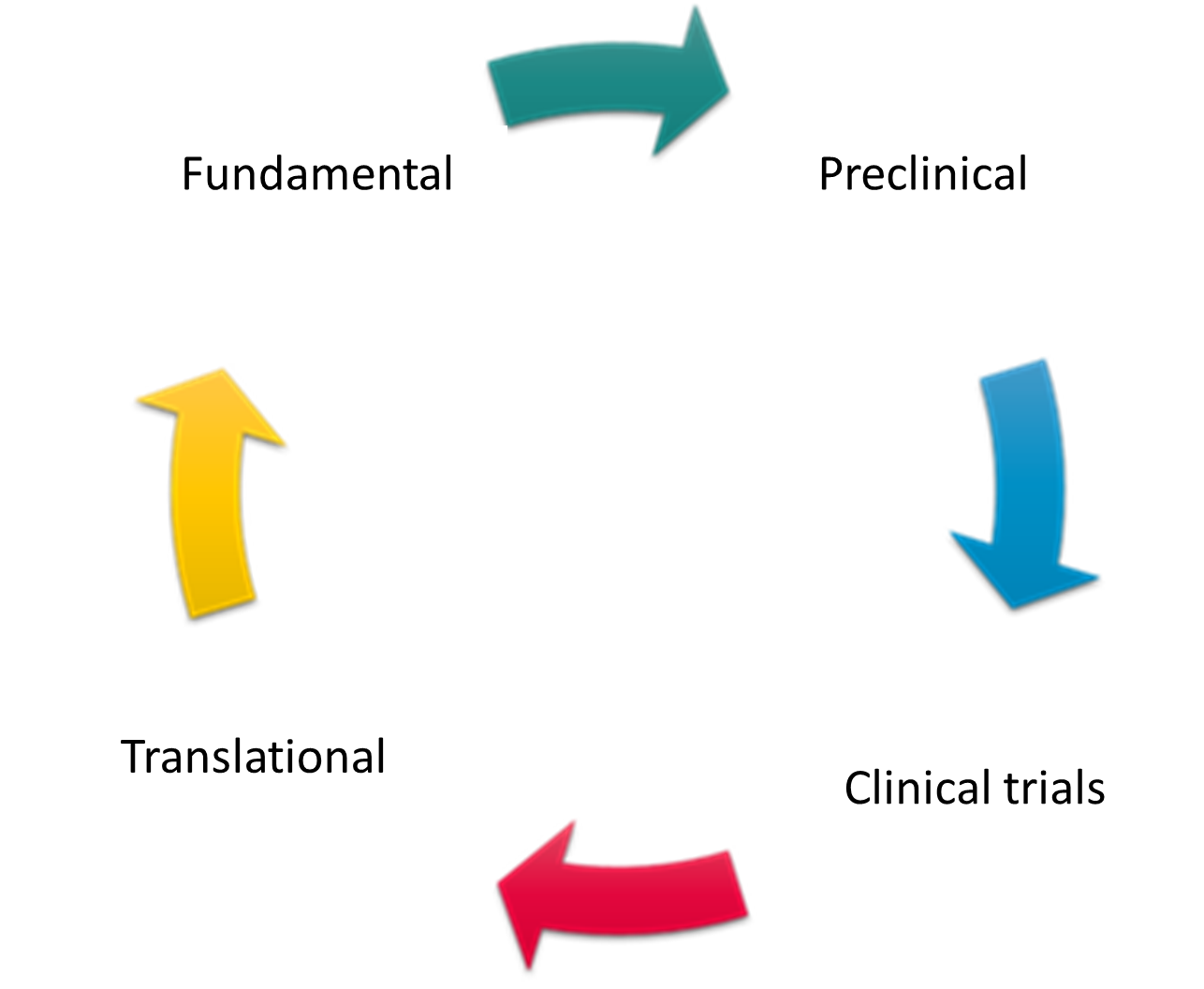Laboratory of the Medullary Microenvironment and Hematopoiesis (LMMH)
Article Chapeau

Published on 7 November 2025
Body text 1
Hematopoiesis, the essential and complex process that ensures the continuous renewal of blood cells, depends on a delicate balance between hematopoietic stem cells and their surrounding microenvironment. The laboratory conducts translational research in hemato-oncology aimed at uncovering the mechanisms that regulate this dynamic under both physiological and pathological conditions.
Our research focuses on the nuclear receptor PPARγ (Peroxisome Proliferator-Activated Receptor gamma), a key regulator of cellular metabolism and differentiation. By investigating the role of PPARγ within the hematopoietic niche as well as in hematopoietic stem cells, the LMMH seeks to elucidate its functions in maintaining hematopoietic homeostasis and in the development and treatment of malignant hematologic diseases.
Through this work, the laboratory aims to pave the way for innovative therapeutic strategies and to foster the translation of fundamental discoveries into clinical applications. | 
Stéphane PROST Principal investigator
Phone: +33 (0)1 46 54 94 69
Secrétariat :
Aurélie GOURET Phone: +33 (0)1 46 54 98 66
|
|
|
Body text 2
RESEARCH AXES
Our research is organized around three main axes:
Physiological axis – We study how PPARγ expression influences the remodeling of the bone marrow microenvironment and regulates hematopoietic homeostasis.
Pathological axis – We investigate the role of PPARγ in the onset, progression, and treatment resistance of hematologic malignancies. Our work focuses on the malignant clone, the bone marrow niche, and their disrupted interactions in leukemia. Through in vitro, ex vivo (patient-derived cells), and in vivo (preclinical murine) models, we explore PPARγ as a potential therapeutic target.
- Clinical axis – We evaluate the feasibility and therapeutic potential of repurposing PPARγ agonists for the treatment of hematologic disorders.

|
Top page
Top page